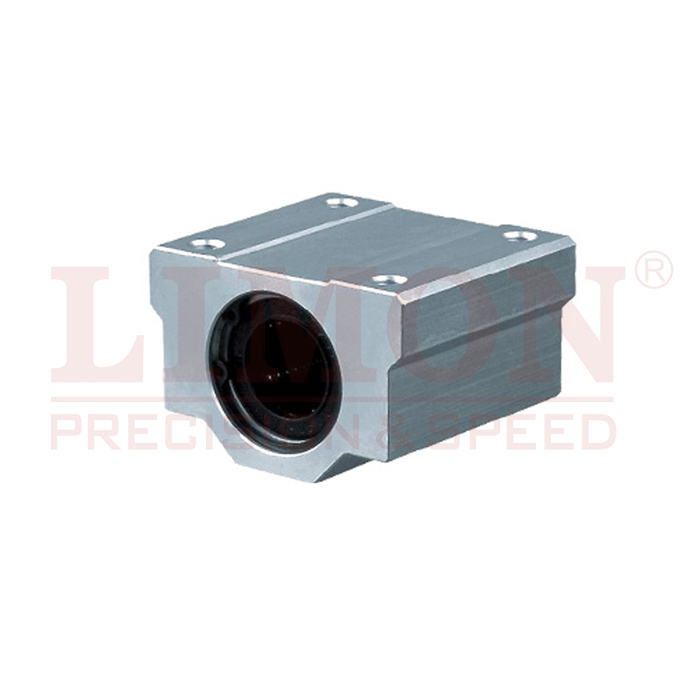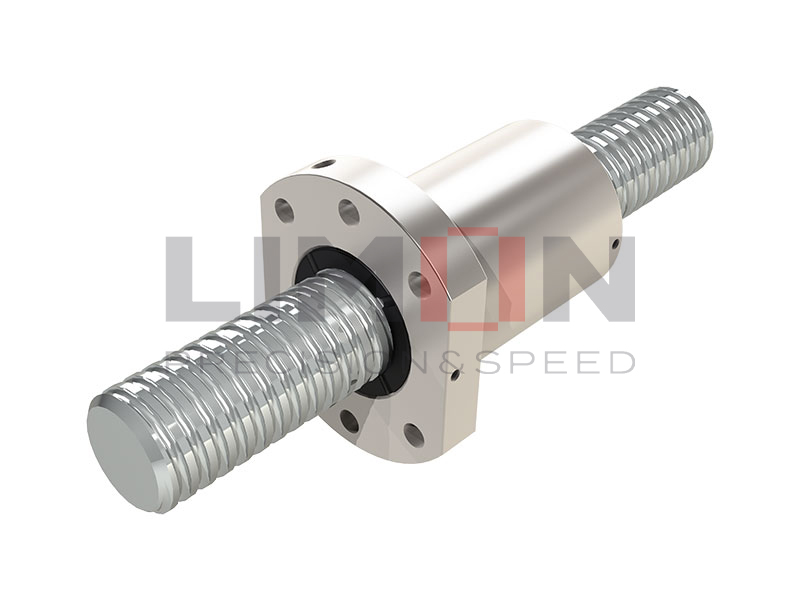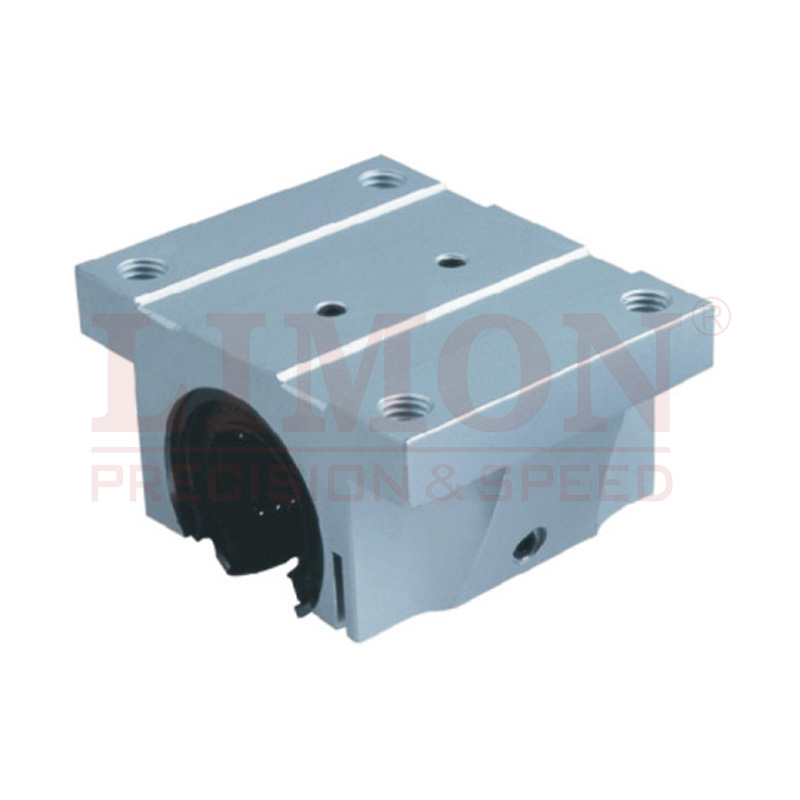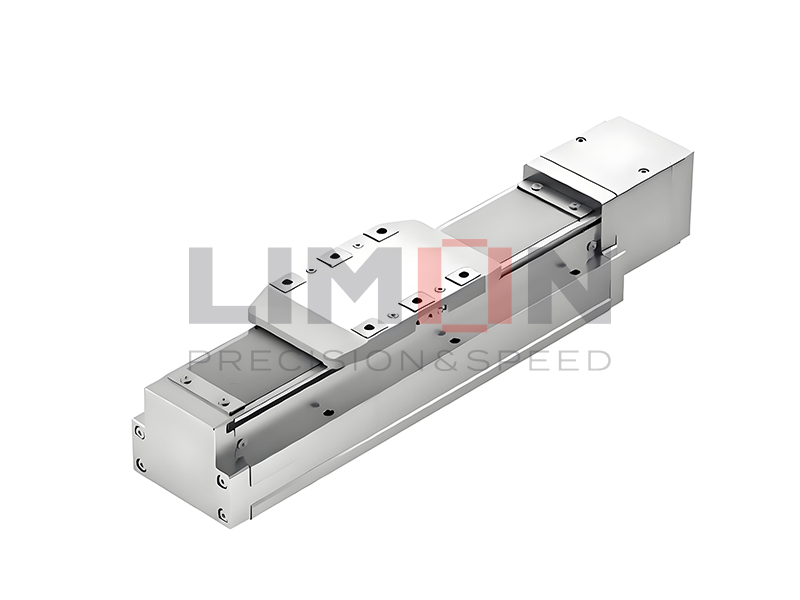Why Regular Maintenance Matters for Ball Screws
Every industrial machine depends on reliable components, and ball screws are no exception. Regular maintenance ensures:
- Enhanced precision by minimizing wear.
- Longer lifespan through reduced friction and contamination.
- Cost savings by avoiding premature replacements.
Neglecting maintenance doesn’t just affect your machine’s performance; it can also increase operational costs. Learn more about the importance of ball screw maintenance in this guide.
Cleanliness Is Non-Negotiable
Contaminants like dust, dirt, and metal particles are the silent killers of ball screws. Regular cleaning keeps these elements at bay, ensuring smoother operation. Follow these steps:
- Use a lint-free cloth to wipe away visible dirt.
- Apply a compressed air blower for hard-to-reach areas.
- Avoid harsh chemicals that may damage the screw’s coating.
Pro tip: If your CNC machining environment is especially dusty, consider protective covers for your ball screws. For recommendations, check out these ball screw protection options.
Lubrication: The Lifeblood of Ball Screws
Proper lubrication reduces friction and wear, ensuring smooth and efficient motion. Here’s how to get it right:
- Use a high-quality lubricant recommended by your ball screw manufacturer.
- Reapply lubrication regularly, especially in high-speed or high-load applications.
- Monitor for signs of insufficient lubrication, such as unusual noise or increased resistance.
For a detailed guide, visit this resource on ball screw lubrication.
Inspect Regularly to Catch Issues Early
Regular inspections can save you from costly repairs. Create a checklist to evaluate:
- Alignment: Misalignment increases wear and reduces efficiency.
- Backlash: Excessive backlash indicates wear in the ball nut or screw.
- Surface wear: Look for pitting or other damage on the ball screw surface.
Performing these checks every month ensures that minor issues don’t escalate into major problems. Need a checklist template? Download one here.
Avoid Overloading Your Ball Screws
Every ball screw has a designed load capacity. Exceeding it not only accelerates wear but can also cause permanent damage. To prevent overloading:
- Calculate the required load capacity before installation.
- Monitor load conditions during operation.
- Upgrade to a higher-capacity ball screw if your workload increases.
Understanding load capacities is essential for all CNC machining setups. Learn more about choosing the right ball screw for your load at this link.




